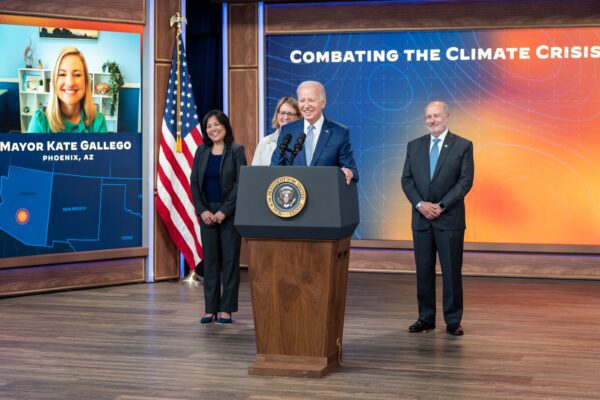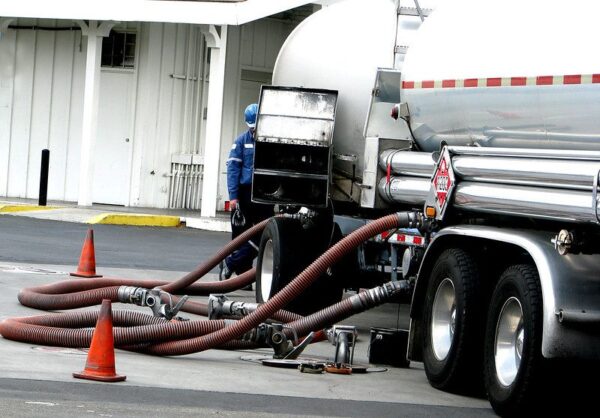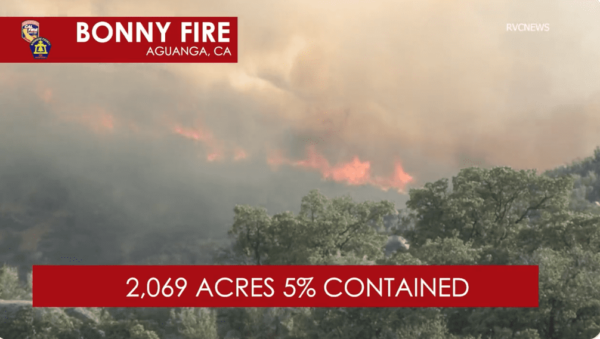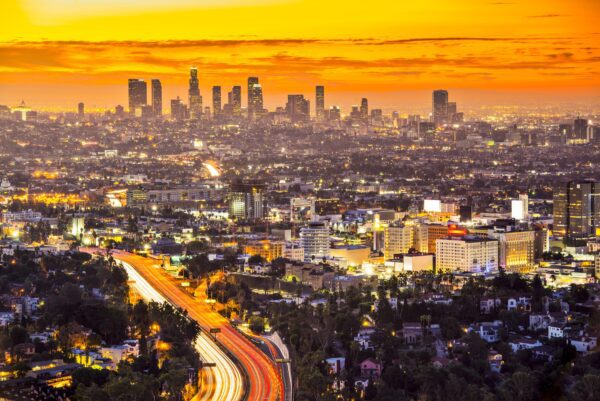As persistent soaring temperatures roast Southern California and much of the nation, President Joe Biden on Thursday asked the U.S. Department of Labor to issue its first-ever hazard alert for heat and increase workplace safety inspections in industries with the highest risk of heat-related illness and injury.
The alert highlights the administration’s view that employers are responsible for the well-being of workers as parts of the country experience record-breaking heat waves. The Labor Department’s Occupational Safety and Health Administration, or OSHA, is tasked with devising specified regulations for heat, while industries have responded with push back.
“I don’t know anybody who honestly believes climate change is not a serious problem,” said Biden, who spoke alongside the mayors of San Antonio and Phoenix, which has seen temperatures above 110 degrees for 28 days in a row. Citing the European Union climate monitor, the Atlanta Journal-Constitution reported that this year the planet had its hottest June in 174 years of record-keeping, and July is on track to be its hottest month ever.
“We should be protecting workers from hazardous conditions, and we will,” Biden said.
Earlier this week, a group of House and Senate Democrats urged the Biden administration in a letter to set new federal guidelines on occupational heat safety. The group included Texas Reps. Greg Casar and Sylvia Garcia, Rep. Judy Chu, who represents San Gabriel Valley communities, Arizona Rep. Raúl Grijalva, Rep. Bobby Scott from Virginia, along with Sens. Alex Padilla from California, Sherrod Brown, Catherine Cortez Masto and Bernie Sanders.
The proposed regulations aim to ensure workers are given adequate water breaks, rest periods, access to shaded areas or air conditioning as well as medical services. There is also an emphasis on putting a plan into place for workers to acclimate to high-heat work conditions.
Casar described the proposal as something that should transcend party politics.
“This very common sense proposal to make sure workers have the water breaks they need — this is the kind of thing that it shouldn’t be a left-or-right issue,” Casar told the Daily Beast.
Casar also pointed out that after meeting several times with the head of OSHA, while there is a commitment at the agency to work on this initiative opposition from large business entities is to be expected.
The push from lawmakers doesn’t come without supporting research. A May report from the nonprofit advocacy group Public Citizen revealed alarming statistics — up to 2,000 workers lose their lives each year in the U.S. due to heat exposure. Despite this, there are few specific rules that employers must observe regarding extreme heat.
“These heat waves are dangerous, they are life-threatening, and — with the devastating effects of climate change — they are only getting worse,” Sen. Bernie Sanders said in a statement.
Some Republicans and business groups have said that additional regulations are not fair to businesses, which already have a legal responsibility to promote and maintain worker safety under a general duty clause of the Occupational Safety and Health Act of 1970, the Atlanta Journal Constitution reported. Texas recently passed a law prohibiting cities from enacting their own hot-weather safety rules in the name of consistency across the state. The U.S. Chamber of Commerce has asked OSHA to be cautious when the agency creates any new heat standards, and the National Federation of Independent Business has starkly opposed any new rules, claiming adequate protections are already in place.
As large business groups and worker advocacy organizations present sharply contrasting views on this issue, the development and enforcement of workplace heat-safety regulations will likely present a complex challenge for the Biden administration and members of Congress.







